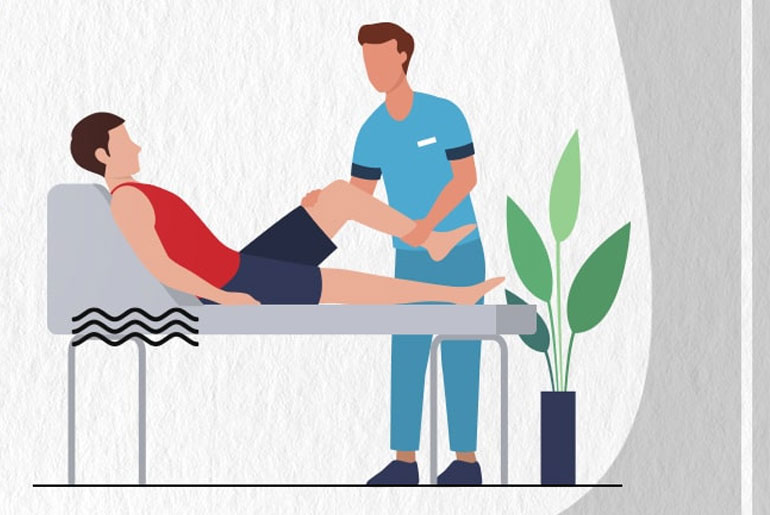Aging is a natural journey that brings experience and maturity, often accompanied by the need to adjust our self-care routines. Although activities that once came easily might become more challenging over time, adopting proactive habits can help sustain independence and encourage graceful aging.
Aging is a natural journey that enriches us with wisdom and maturity, yet it may require adapting our self-care routines to meet new challenges. As tasks that were once effortless become more demanding, embracing proactive habits can preserve independence and promote graceful aging.
Strengthening Exercises to Support Mobility
Why It Matters:
As we age, muscle tone and joint stability naturally decline. According to Dr. Singh, this can lead to reduced mobility and a higher risk of falls or injuries. Strength training plays a vital role in maintaining independence and making daily activities—like climbing stairs, rising from a chair, or carrying groceries—easier and safer.
Benefits:
- Improves joint stability
- Boosts muscle strength
- Enhances balance and coordination
- Promotes better posture
- Reduces the risk of falls and injury
How to Get Started
For Beginners: Start with bodyweight exercises 2–3 times per week:
- Wall Push-ups – Strengthen chest and arms without strain
- Chair Squats – Build leg strength while maintaining joint control
- Standing Calf Raises – Improve ankle stability and leg power
As You Progress:
- Add resistance bands for more intensity
- Use light dumbbells for strength training
- Incorporate compound moves like squats and lunges for full-body engagement
Pro Tip: Focus on form over speed. Controlled movements are key to injury prevention and muscle activation.
Balance and Coordination Training to Prevent Falls
Why It Matters:
According to Dr. Singh, falls are one of the leading causes of injury as we age. Fortunately, regular balance and coordination training can significantly reduce the risk of falls, increase confidence in movement, and support independent living.
Benefits:
- Enhances stability and posture
- Improves reflexes and body awareness
- Boosts mobility and functional strength
- Reduces fear of falling
- How to Get Started
Foundational Balance Exercises:
- Single-Leg Stands: Hold for 10–15 seconds per leg; use a chair or wall for support if needed
- Heel-to-Toe Walk: Walk in a straight line, placing the heel of one foot directly in front of the toes of the other
Progressive Activities:
- Yoga: Builds balance, flexibility, and core strength
- Tai Chi: Promotes slow, flowing movements that improve coordination and body control
- Standing Marches or Side Steps: Gentle dynamic moves to enhance balance and mobility
Pro Tip: Practice near a sturdy surface (like a countertop) until you’re confident. Consistency is key—just a few minutes daily can lead to big improvements.
Focus on Functional Movements
Why It Matters:
Functional movements mirror everyday tasks—like bending to pick something up or reaching overhead. Dr. Singh highlights that when these activities become tough, targeted exercises can restore ease, reduce discomfort, and support independent living.
Benefits:
- Supports daily activities (ADLs) like getting up, walking, and lifting
- Enhances muscle coordination and joint flexibility
- Builds real-world strength and reduces injury risk
- Helps maintain independence and confidence
How to Get Started
Try These Functional Exercises:
- Sit-to-Stand: Mimics standing up from a chair; strengthens quads, glutes, and core
- Farmer’s Carry: Walk while holding weights in each hand; great for grip strength, posture, and core stability
- Step-Ups: Use a low step to build leg strength and coordination
- Reach and Twist: Mimics reaching overhead or twisting to grab something; supports spinal mobility and balance
Pro Tip: Focus on controlled movement and good posture. Start slow and use bodyweight before adding resistance.
Disclaimer:
The information contained in this article is for educational and informational purposes only and is not intended as a health advice. We would ask you to consult a qualified professional or medical expert to gain additional knowledge before you choose to consume any product or perform any exercise.






